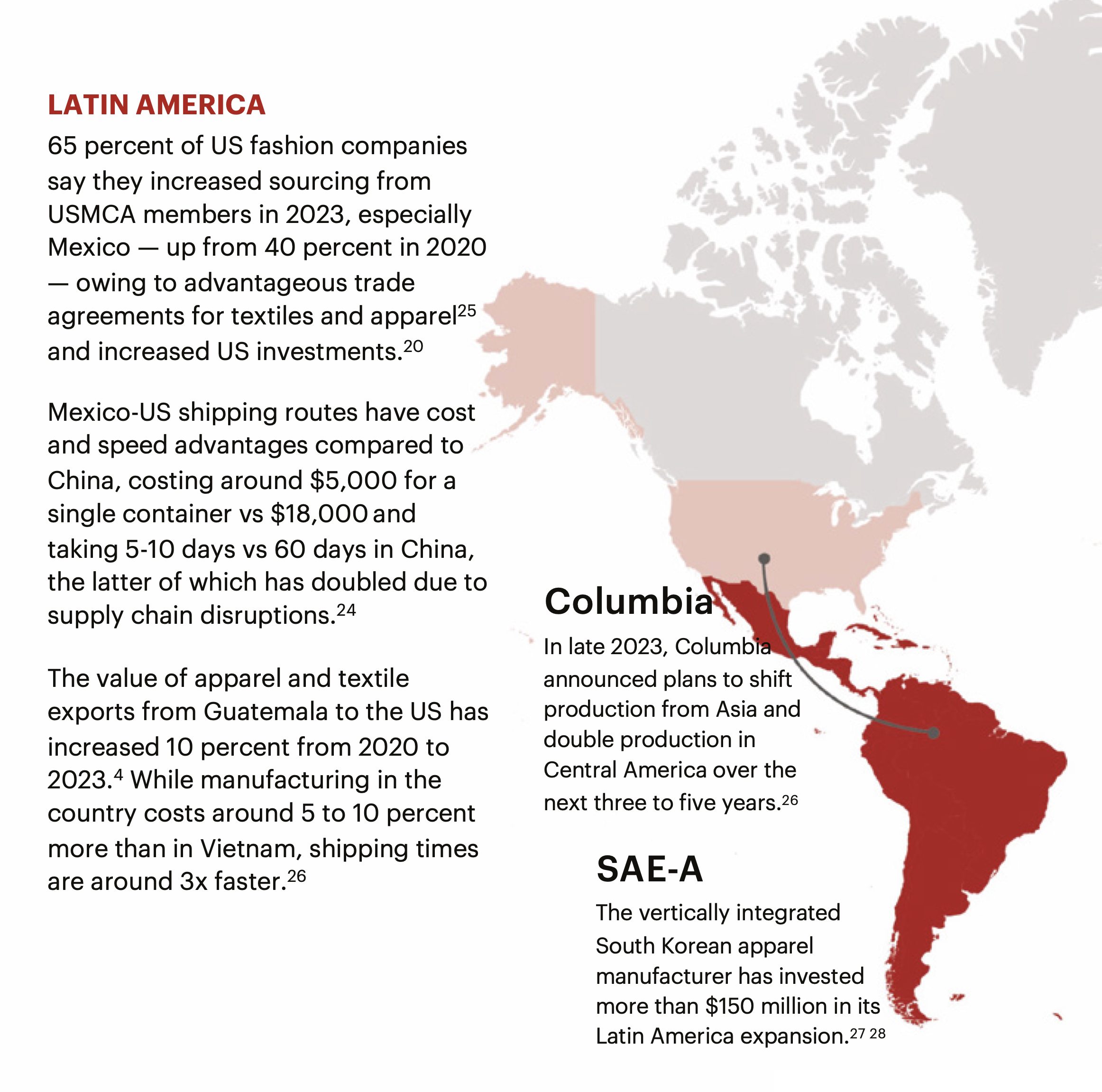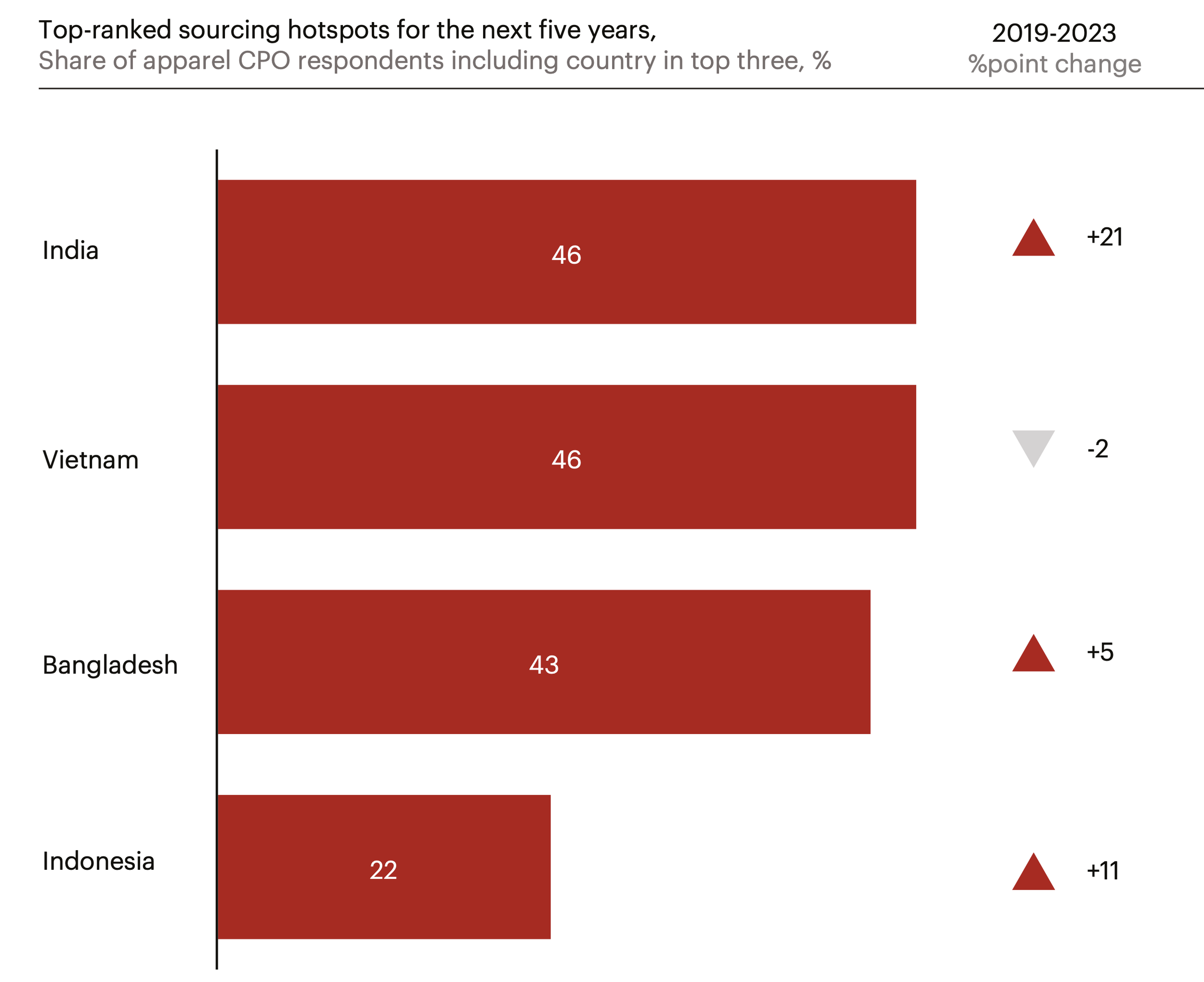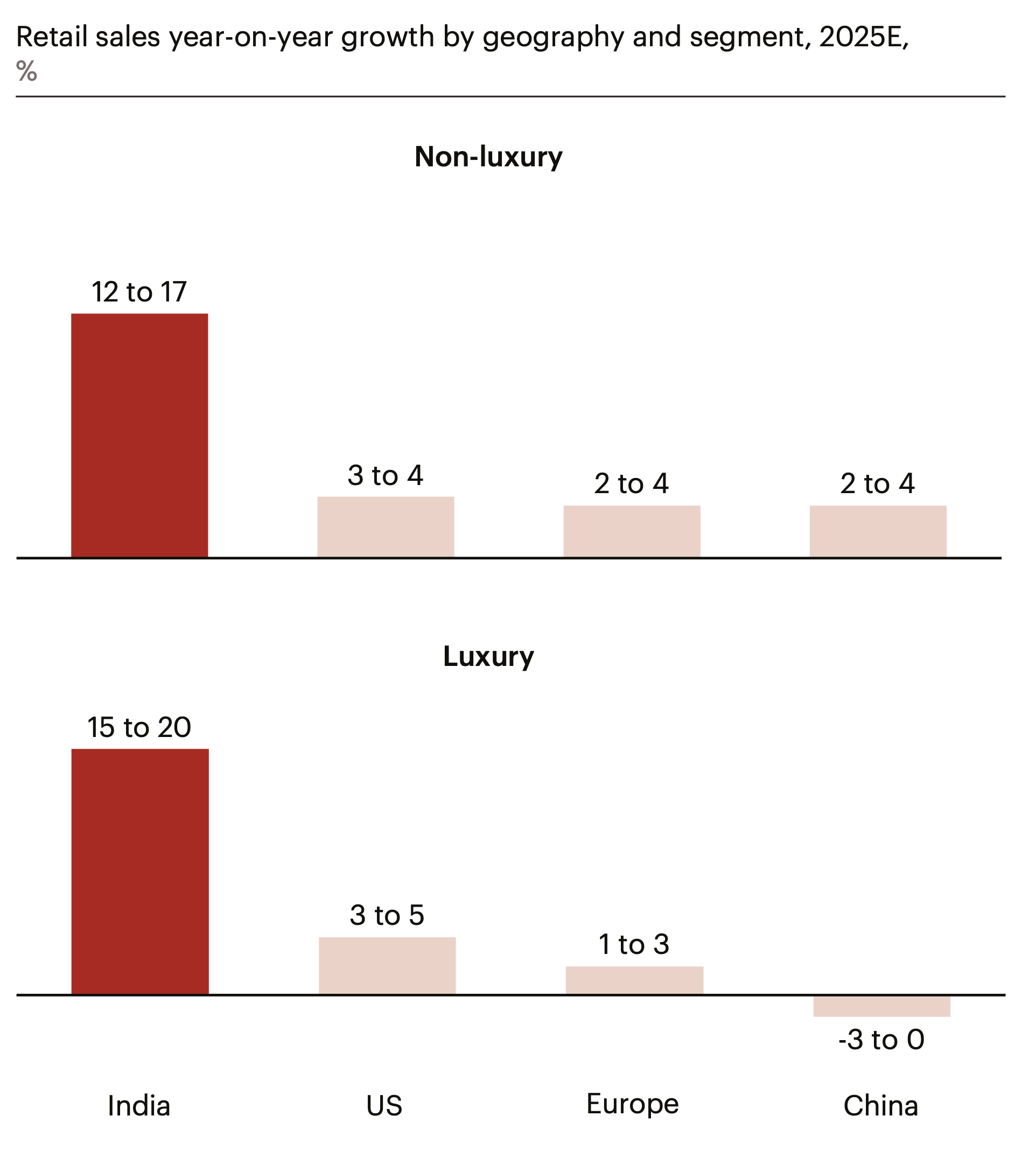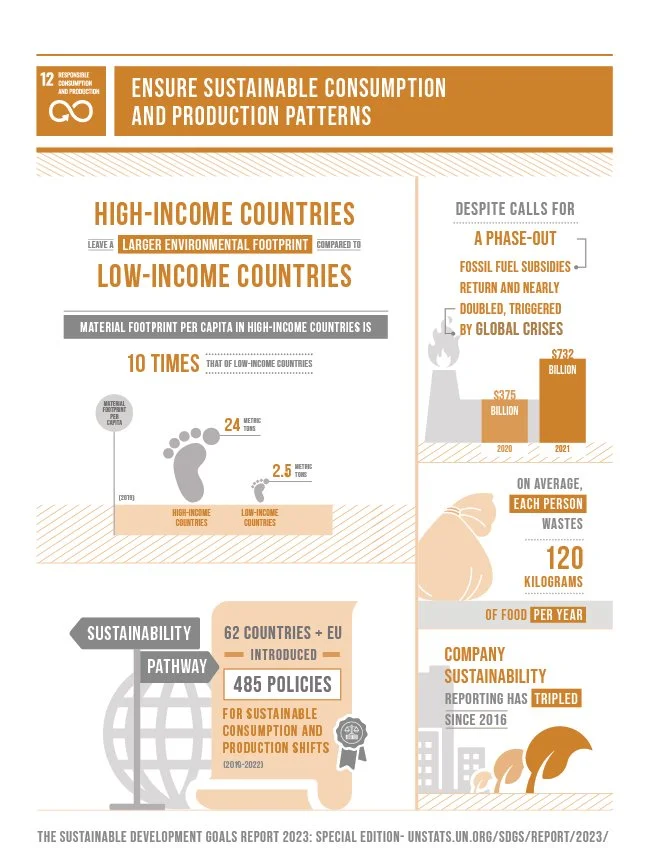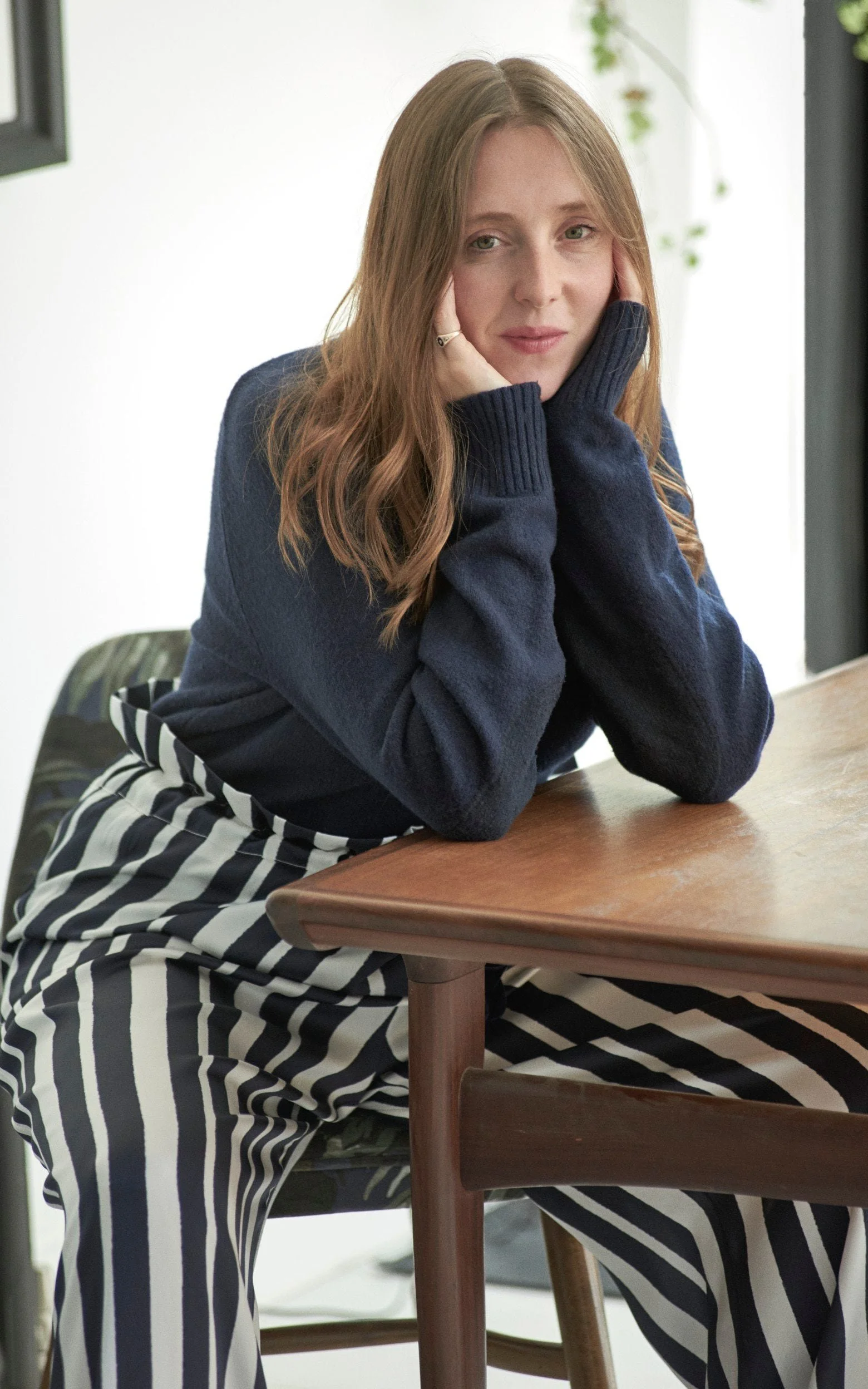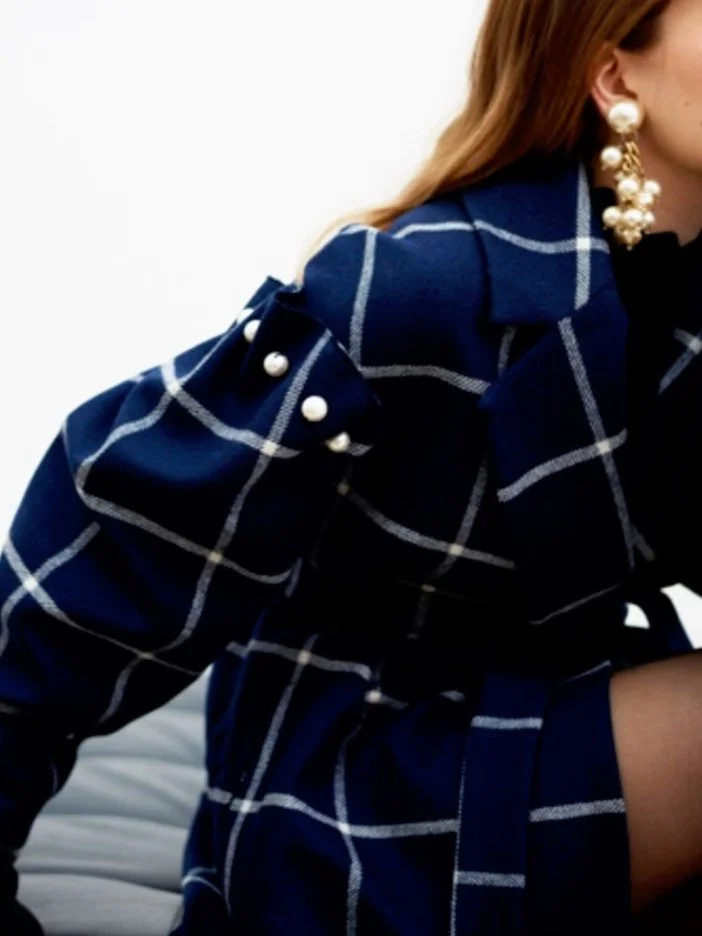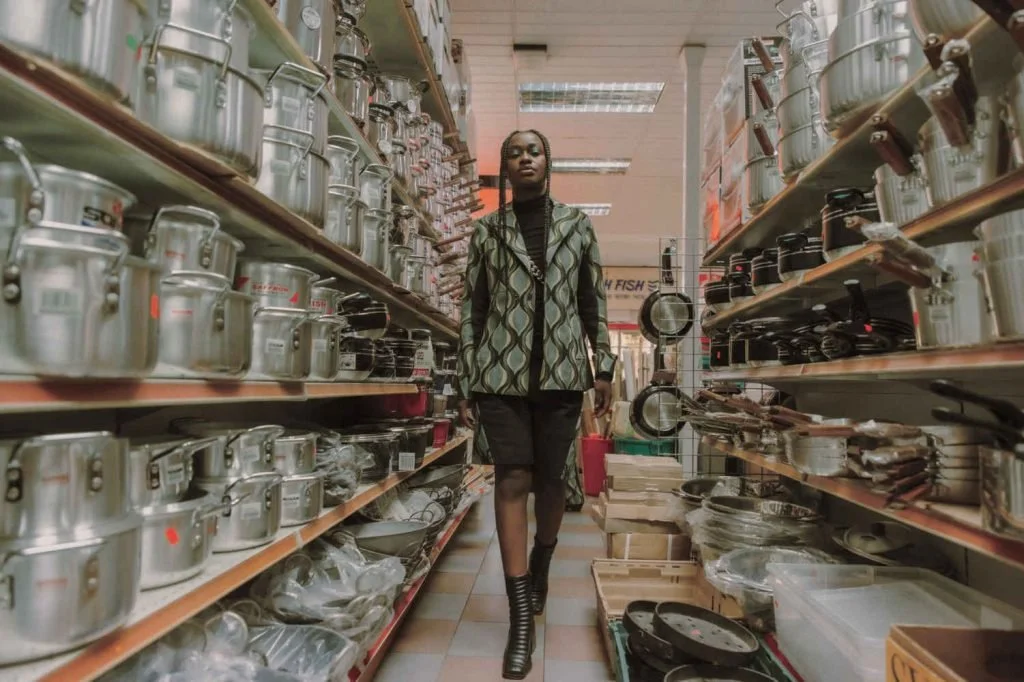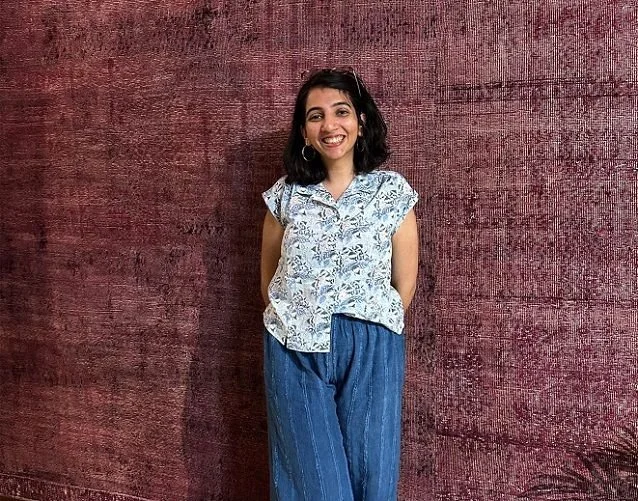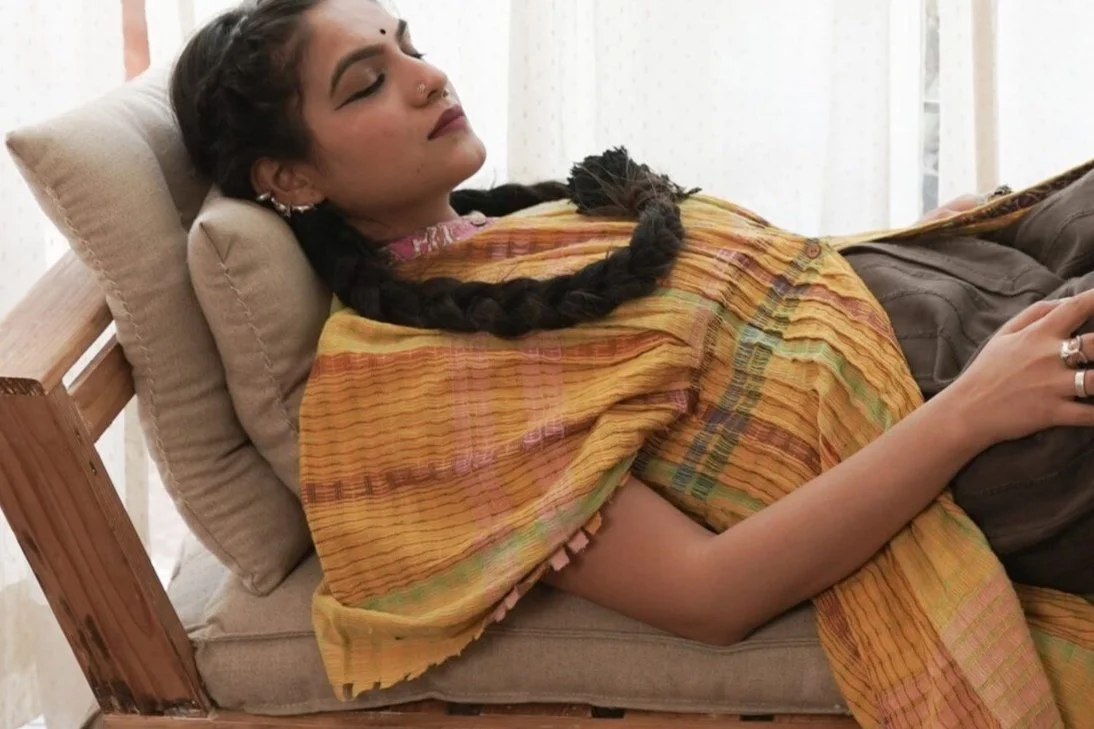State of fashion report
Developed countries such as China have an increase in labour costs and are a compromise to manufacturer cost-competitiveness compared to Southeast Asian countries such as Vietnam that on average hourly labour costs are less than half. These countries are where a lot of the craft originates from and should be held with much more respect.
With the increase demand of shipping costs across Asia to US routes, there was a 165% increase on 5th February 2024 compared to 2 months prior.
India has been top ranked for sourcing hotspot for the next 5 years
UNITED NATION SUSTAINABILITY GOAL 12:
Responsible consumption and protection
Ensure current and future generations have sustainable livelihoods.
Minimise natural resources and toxic materials.
Reduce waste and pollutant emissions.
Reduce air pollution.
Limit global warming.
4 targets of the UNDSG 12 sparked my influence for designing my collection:
12.2- I have used natural resources such as henna dye and waterbed ink
12.5- Sourcing secondhand tweed jackets and encouraging for the materials to be recycled using SatCol.
12.6- Researching the sustainable crafts of India and going for high quality garments whilst avoiding harsh chemicals
12.a- Supporting countries such as Guyana that have a low carbon development
AMY POWNEY
Mother of Pearl
Mother of Pearl known for making contemporary, wearable pieces. Creative director Amy Powney took over from Maia Norman who founded the brand in 2002 has developed the brand's supply chain, introducing natural fibres, transparent manufacturing, and a socially responsible approach to suppliers. Amy stepped down February 2025 to create her new sustainable brand, Akyn.
Fashion Reimagined
Fashion Reimagined, a documentary released in 2018, Amy Powney takes the audience on their journey to create Mother of Pearl’s fully sustainable collection, No Frills.
Rahemur Rahman
Rahemur Rahman’s fashion brand redefines the meaning of clothing being “made in Bangladesh”. He uses design, print and weave to reinterpret and re-tell stories of South Asian identities. Born in London, Rahman blends history and tradition with fantasy, playing with patterns and texture to create distinctive pieces. Since graduating from Central Saint Martins in 2014, he only works with textiles made of natural fibres that are naturally dyed using a heritage wooden block technique from Bangladesh called Wax and Resist dye, he focuses on the “death of the garment”, where every design decision is considered by how it will disintegrate and decompose on the earth at the final stage of its life which will take 10-20 years. Rahman also hides a tiny seed in each garment which will allow a tree to grown when it reaches its “death”.
Bhaavya Goenka | Iro Iro
When Bhaavya Goenka launched her label IRO IRO, she would question: why did something as organic and natural as clothing and fashion have to be so polluting and harmful for the environment? The solution was to create a business that produces a zero waste circular design strategy that uses hand-woven fabrics and are upcycled from discarded textiles, woven with love and care by weavers from a village near Jaipur, India. Every finished IRO IRO product represents the revival of a dying craft tradition and each one sold supports a family of weavers, enabling them to pursue a profession they are passionate about.
Specialising in the reuse and upcycling of industrial textile waste through indigenous craft practices of India allowed Goenka to help spread a new circular system of production; as such, Iro Iro collaborates with other businesses to upcycle their waste into textiles for fashion and interiors, generating work for 20 artisans based in a village near Jaipur.



